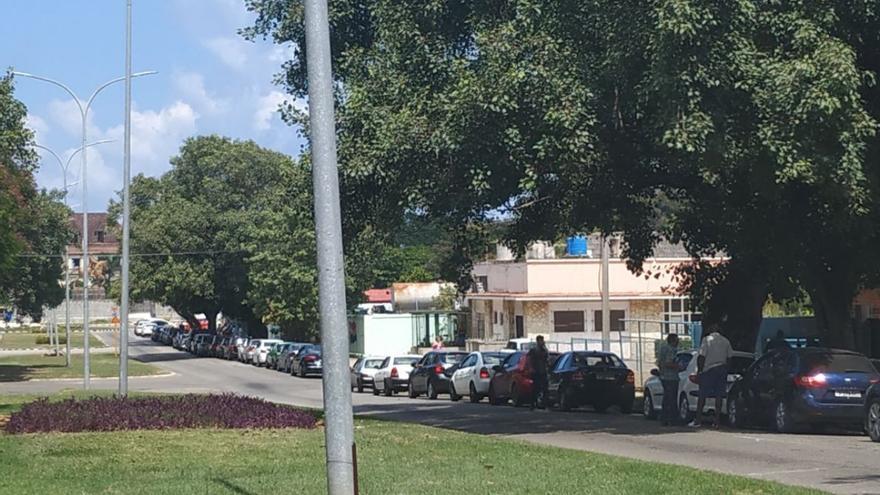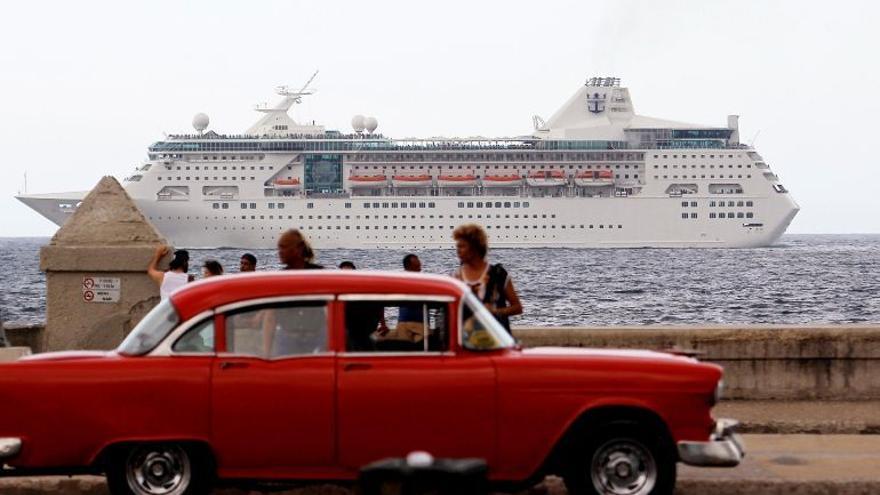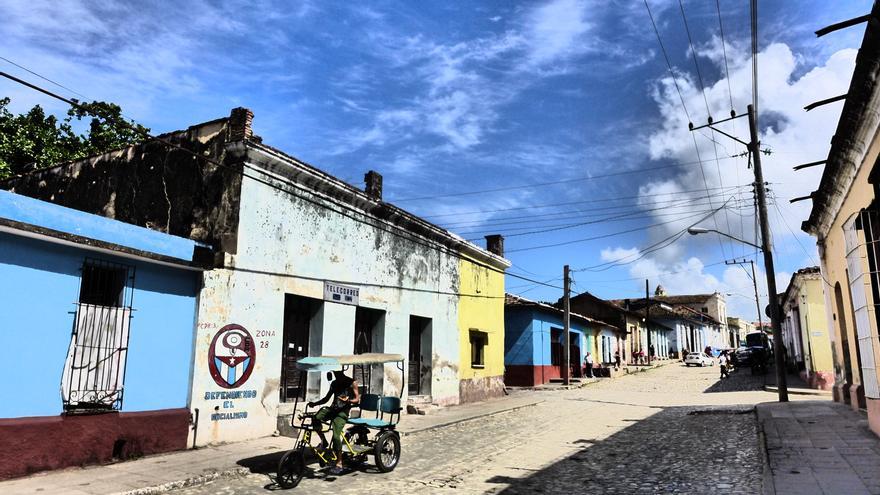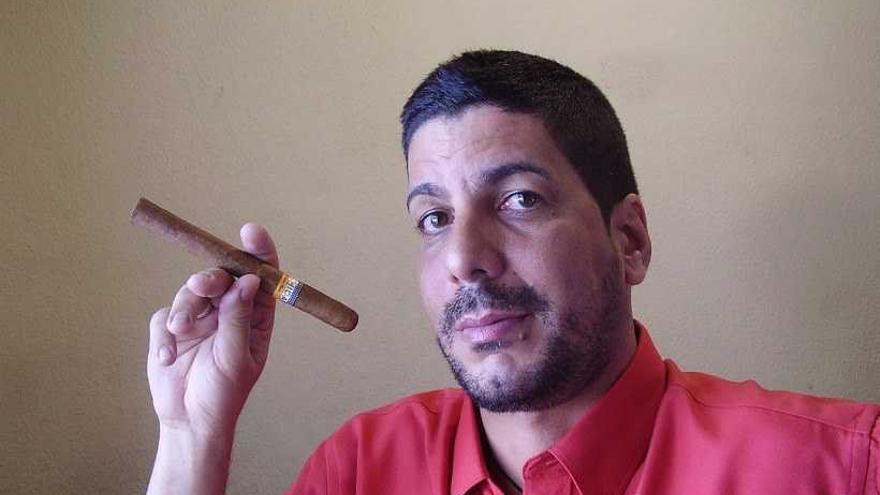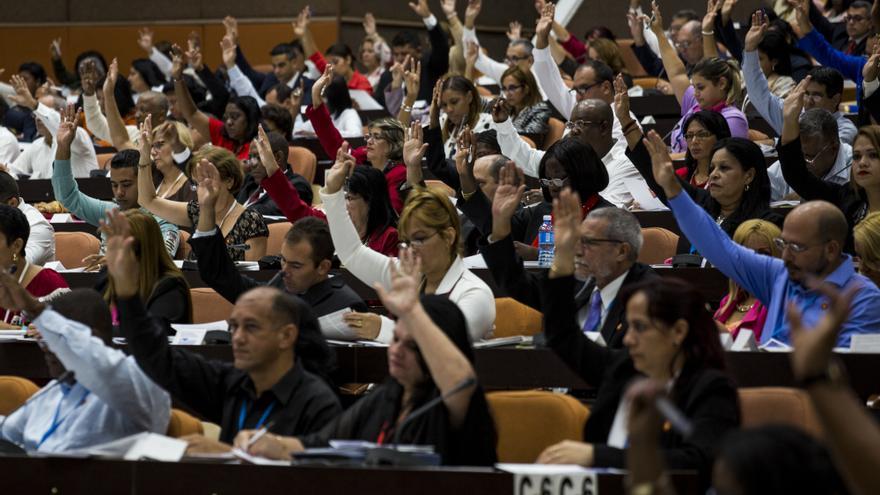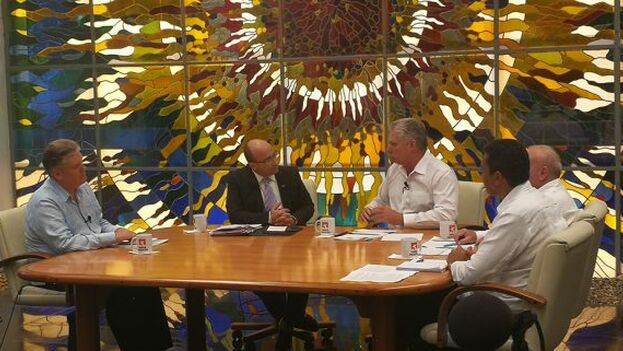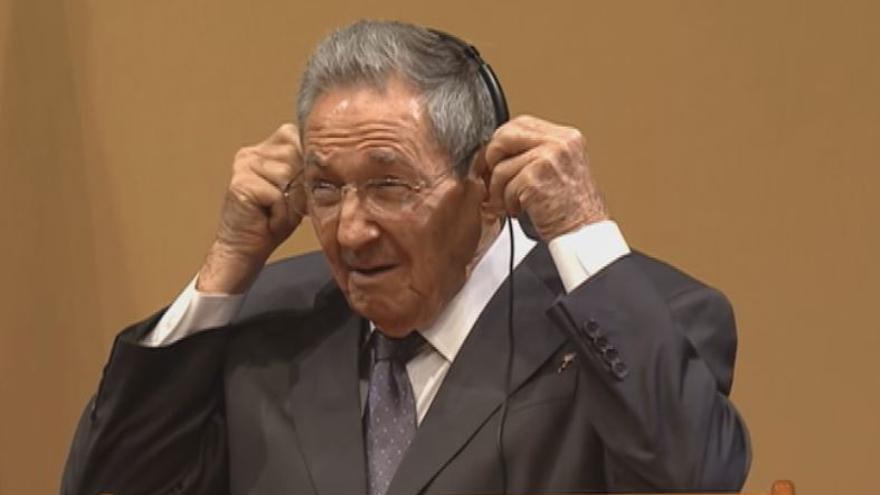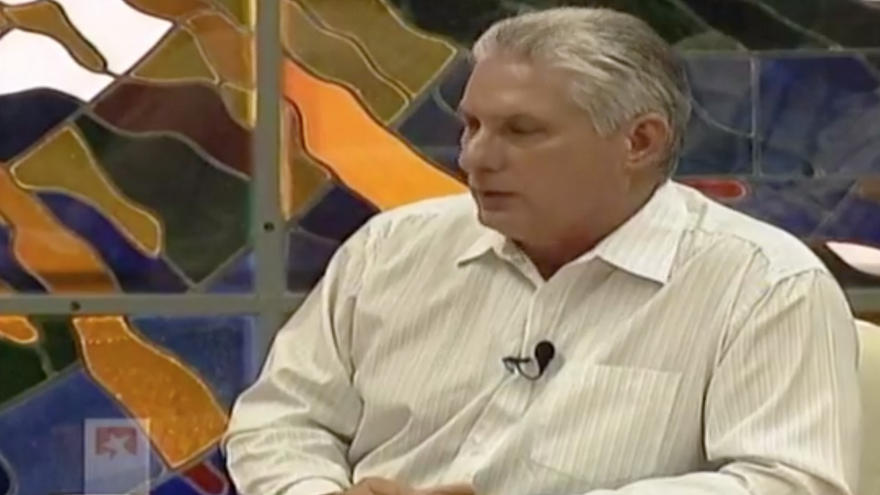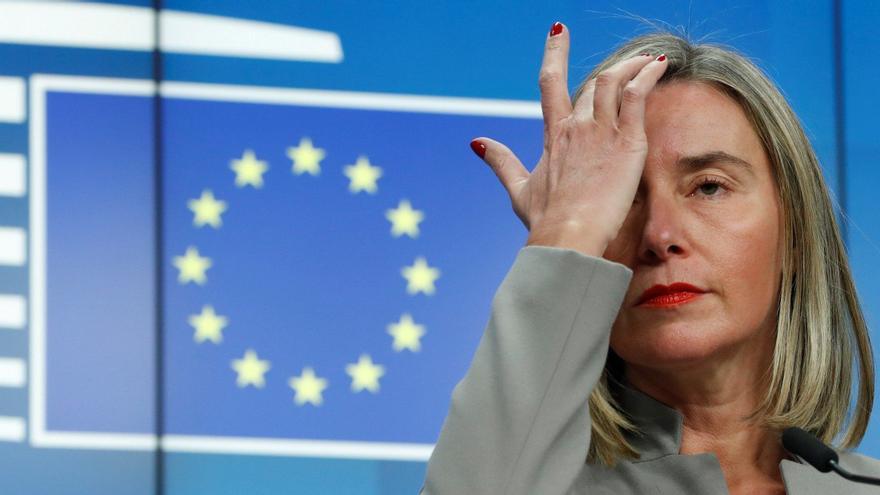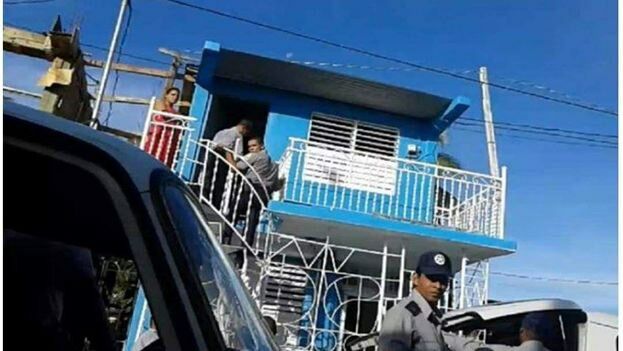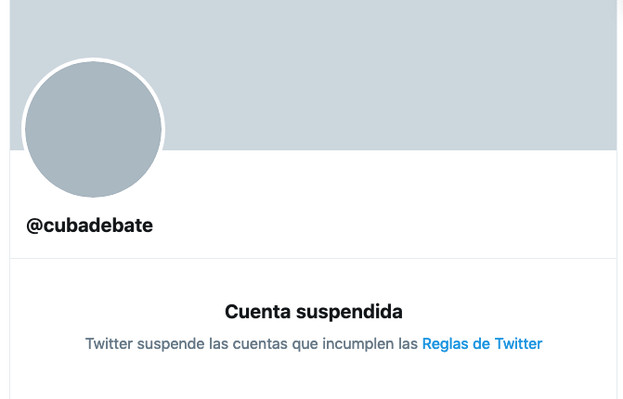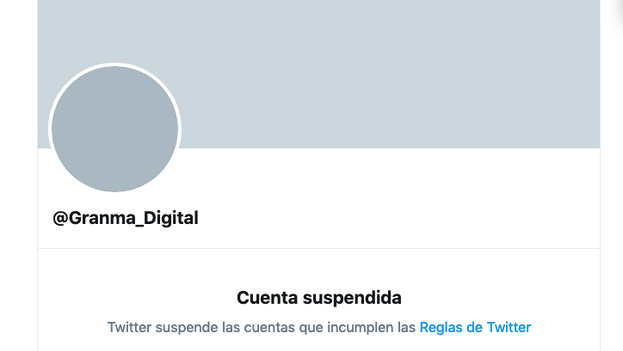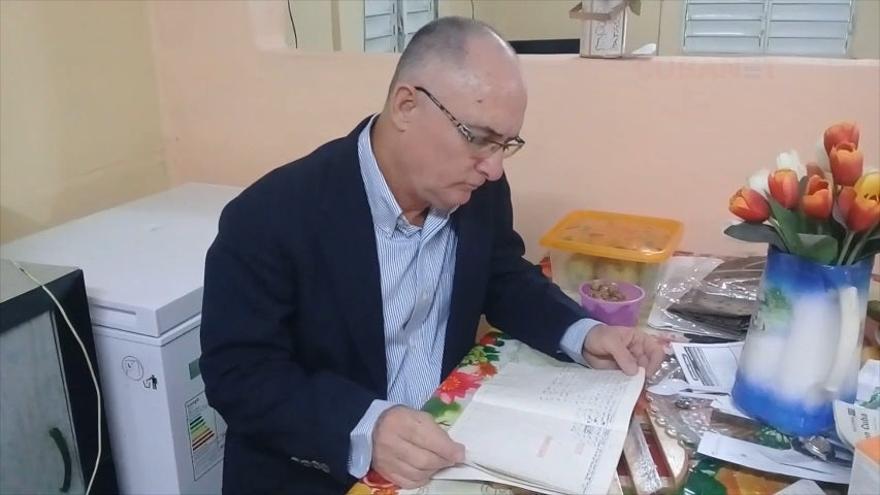
![]() 14ymedio, Luz Escobar, Havana, September 17, 2019 — The seven people involved in the buying and selling of 15,000 apples at the store La Puntilla, in Havana, who were denounced last year by a Party-liner blogger, received sentences of seven months to six years in prison for the crimes of bribery and stockpiling, according to the judicial sentence to which 14ymedio has had access.
14ymedio, Luz Escobar, Havana, September 17, 2019 — The seven people involved in the buying and selling of 15,000 apples at the store La Puntilla, in Havana, who were denounced last year by a Party-liner blogger, received sentences of seven months to six years in prison for the crimes of bribery and stockpiling, according to the judicial sentence to which 14ymedio has had access.
The trial occurred in June but nothing has been known until now since the official press has not responded to the matter. This media outlet learned about the sentence thanks to a relative of one of the convicted.
A text published in September of 2018 under the title Robbery in La Puntilla: It’s necessary to go further, criticized “the complicit indifference of employees.” The report was also published by the website Cubadebate and generated an intense controversy. continue reading
Nine months after the incident, on June 17 of this year, the accused were convicted of the crimes of bribery and stockpiling of a continuous nature. The trial, oral and public, took place at the Business System Region Military Court in Havana, due to the fact that the market where the events occurred is managed by the Cimex corporation, a business of the Revolutionary Armed Forces (FAR).
Among the defendants were state employees Rafael Tápanes Montalvo, Adonis Semanat Ortiz, and Joel Muñiz Lorenzo, in addition to self-employed workers Luis Eduardo Bruzón Mesa, Alexis Hechavarría Guerra, Raudelis Ramos Mejía, and Eliecer Samada Hechevarría, who bought the apples.
Tápanes Montalvo was a salesman at the Tropicola Warehouse Base which supplies the FAR’s holdings, while Semanat Ortiz worked at La Puntilla warehouse. Both were sentenced to 6 years in prison and the severity of their sentences was due to their working relationship with FAR companies.
Tápanes Montalvo was accused of the crime of bribery because he advised self-employed people via text message about the time and place of apple sales. In exchange he received 20 CUC and minutes for his cellphone, according to the district attorney. The defense insisted that the employee gave that information to facilitate management for the merchants but that he never asked for money in exchange.
The sentence signals that because of the positions that Tápanes Montalvo and Semanat Ortiz occupied in their workplaces, both were considered “public officials,” which means more severe sentences. “As special individuals, they should have prevented corrupt officials from being able to break the barrier of honesty and integrity that must characterize a public employee.”
For his part, Muñiz Lorenzo worked as a driver for Plaza Carlos III and used the state-owned vehicle he drove for apple deliveries, for which he was sentenced to seven months in prison, but he was released after the trial because he had already completed his sentence in pre-trial detention.
The self-employed were accused of speculation and stockpiling and were sentenced to between 3 and 4 years of prison. Stockpiling is a crime regulated in article 230 of the Cuban Penal Code and punishes whoever retains in their power or transportation merchandise or products “in evident and unjustifiably greater quantities than those required for their normal needs.”
However, in the trial it was specified that all the self-employed had their documents in order and correctly paid their taxes. Ramos Mejías, for example, had authorization to deal in light foods and a permit from the administration of the Municipal Assembly of Popular Power of Guantanamo.
The lawyer Miguel Iturría, who works with the Legal Association of Cuba, warns that some jurists believe that the crime of stockpiling “is reserved only for regulated products whose acquisition is limited” but in judicial practice it has been applied frequently against clients of free markets like stores that trade in convertible currency.
“If someone goes to a public establishment to buy 40 or 50 floor cleaning cloths, a product that disappears frequently, he is sold them in the state business and upon arriving home or on the street he is arrested, accused, and, subsequently, punished,” warns Iturría, for whom this “situation is an absurdity.”
For years, since its reappearance in the 90s, the Cuban private sector has demanded access to a wholesale market that would allow them to buy large quantities of products at preferential prices. Despite official promises, they have only opened stores where one can acquire certain products at wholesale but without economic advantages.
Frequently customers of retail stores complain that the entrepreneurs hoard basic essentials like bread, oil, flour, and milk. In the official press they are blamed for the shortages of some merchandise and complaints against those who buy large quantities of food and other products are published.
According to a witness of the trial against the seven people penalized, only three of them presented appeals before the court, which have not yet been ruled on.
Translated by: Sheilagh Herrera
__________________
The 14ymedio team is committed to serious journalism that reflects the reality of deep Cuba. Thank you for joining us on this long road. We invite you to continue supporting us, but this time by becoming a member of 14ymedio. Together we can continue to transform journalism in Cuba.

